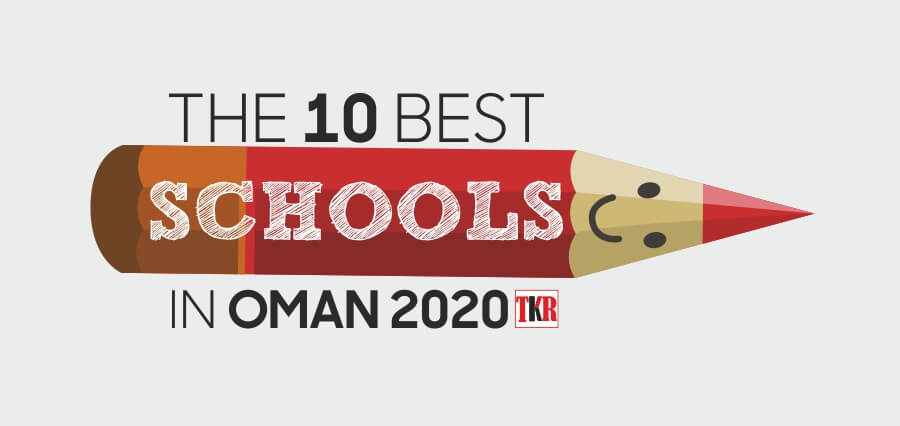Five years back, business (of every diplomatic enclave) as usual was ‘good enough’. But no more, given where we are going now ‘good enough’ is not going to be enough. We are already living in a world; where everything is connected, where everything is equally excellent and where performance is reaching perfection and hence, the only thing that needs to be innovated is ‘us’ or the coming generation.
While we are already living under the consequences of an interconnected and digital world, the coming generation will be at a central point of a raging tornado of continuous change fueled by digitalization, augmentation, mobilization, automation, and the list goes on. The way we will work will change and the skills required will be dramatically different. Hence, why not prepare for something in advance? The best way to do this is by educating students for tomorrow. But the question that arises here is what kind of learning?
In the real world, students (upon graduating or even during their academic life) encounter problems that can be complex, undefined, or even lack a clear solution and approach. However, they should be capable of identifying the problem and apply different strategies to solve it. These problems could be work or personal life-related. But, problem-solving skills or crisis management need not be developed naturally; it has to be explicitly taught in a way that the skills can be transferred across multiple settings and contexts.
One way schools can ensure that their students are prepared for the future is by being accountable for instructing students to be knowledgeable about the world around them. Thus, the type of education or learning that the schools should follow is the one that is embedded in a real-world context; blurring the boundaries between life and school. Following this approach will lead students through a journey from aware; where they can see the change, enable; be changed, to empower; where they can lead the change. This enables children to be more competent and avid learners too. In other words, the schools should follow challenge-based learning wherein both the teachers and students collaboratively learn about compelling issues, propose solutions to real-life problems, and take action.
However, a point to be noted here is that if lessons are to be only focused on real-world subject matters, will it diverge from traditional topics such as Shakespeare’s Poems, Calculus? Or more importantly, are traditional topics still valid? There is no definite answer to it and hence, schools will try involving these traditional topics into the curriculum.
Hence it is important that the schools must design a balanced curriculum with both the traditional and real-world topics. This way the schools can focus on educating students with both theoretical and practical knowledge as well. Schools will have to provide opportunities such as maker-based learning, community-based learning, and internships for students to develop the skills and competencies to prepare them for a productive future. This approach will enable students to reflect on; their learning, observations, and solutions and the impact of their actions and eventually offer their solutions for a worldwide audience.









